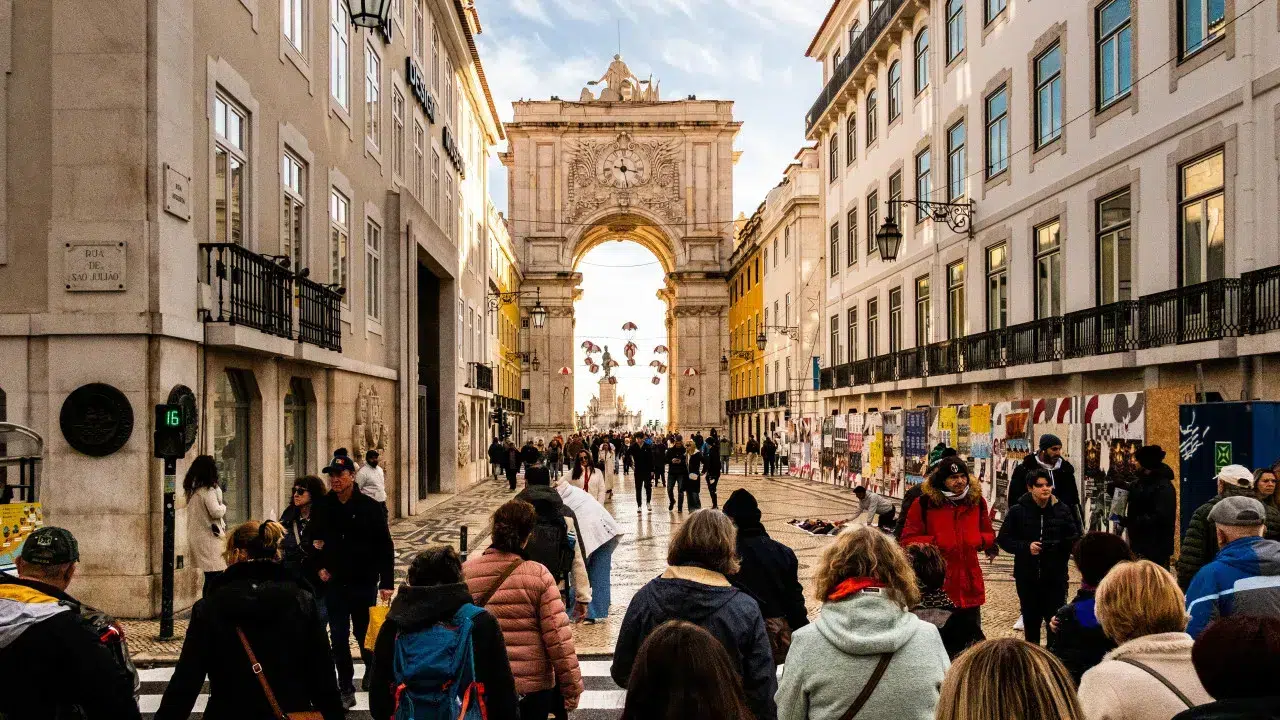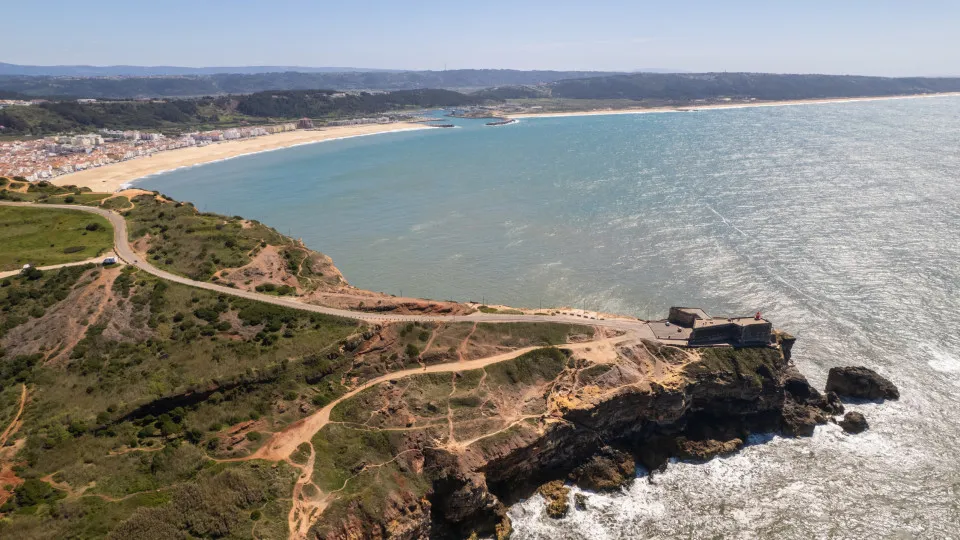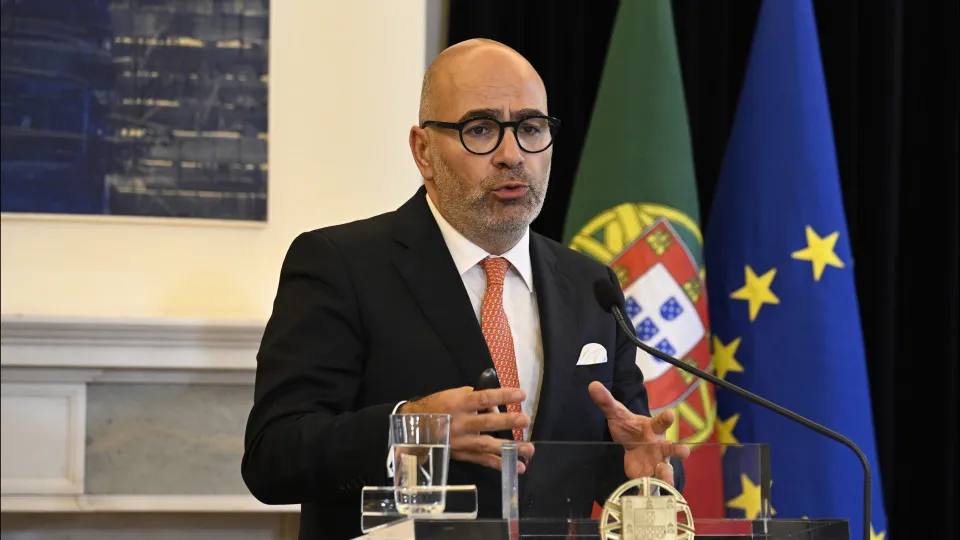
“Created in 2021, the ReSist program has been consolidating the city’s response to seismic risk, serving as a strategic instrument for strengthening urban seismic resilience and protecting Lisbon’s population, buildings, and infrastructure,” stated the city council in a communiqué.
In a private meeting, the municipal executive unanimously approved the proposal submitted by the Urbanism Councilor, Joana Almeida (an independent elected by the “New Times” coalition PSD/CDS-PP/MPT/PPM/Alliance), the execution report of the ReSist program, and the extension of the project team’s mandate “for two years,” effective from the conclusion of the mandate on June 17, 2025.
Aiming to reduce the impact of a potential earthquake and protect lives, property, and city equipment, the ReSist program comprises 47 specific actions organized into three axes: modeling and knowledge infrastructure, societal involvement, and regulation and supervision.
According to the 2022-2025 execution report, “49% of the actions are complete; 39% are in development; and 12% have yet to be initiated.”
“ReSist is transforming how Lisbon prepares for seismic risk,” emphasized the city council, highlighting 276 training, capacity-building, and awareness actions (schools, museums, and ReSist/Academia Urbanism Lx Days), involving 1,740 designers, architects, and inspectors; 3,483 students from Lisbon’s public schools, 200 teachers, 520 municipal technicians, 134 real estate sector professionals, 60 civil protection local unit volunteers, and activities targeting 4,300 citizens.
Among the main results achieved are the development of the Lisbon Geotechnical Map, a platform providing 16 thematic maps with the geological, geotechnical, and hydrogeological characteristics of the Portuguese capital’s subsoil; updating the soil type map in line with Eurocode 8; the creation of the LxReSist Platform, an interactive information and decision-support tool with measures to mitigate the impact of a potential earthquake and the distribution of 2,461 emergency kits to public school students in the city.
There is also the eligibility of four projects funded by the European Commission, totaling €733,965.60; the establishment of 37 collaboration protocols with academic institutions, private companies, state laboratories, and Professional Orders; contributions to updating national legislation, seismic vulnerability assessment of 1,593 residential buildings in municipal neighborhoods, and the preparation of technical guides: Planning the resilient city, standards for managing natural risks in Territorial Management Instruments.
“With the renewal of the ReSist team’s mandate, Lisbon reinforces its commitment to a city more prepared, informed, and secure against seismic risk,” reinforced the municipality.
Among the measures to be completed this year is the evaluation of buildings located in municipal neighborhoods and analyzing the construction typologies of the city’s buildings, studying strengthening solutions for private owners to improve their buildings’ performance.
Alongside this measure, a technical support program for private condominiums will be implemented, expected to start in 2026, with the study results concluded during that same year.
In the private meeting, the council also approved, by majority, three proposals submitted by the councilor responsible for Toponymy, Diogo Moura (CDS-PP), for naming city streets in honor of geriatrician Dr. José Reis Júnior (Largo à Rua Nova do Calhariz), former rector of the Technical University of Lisbon (UTL) and economist António Simões Lopes (Rua Interior Particular, à Rua Sá Nogueira), and businessman José Manuel de Mello (section of Av. 24 de Julho).




